
Prayer Before Receiving Holy Communion
O Lord Jesus Christ, Son of the Living God, who according to the will of the Father and with the cooperation of the Holy Spirit hast by Thy death given life unto the world, I adore and revere this Thy holy Body and this Thy holy Blood which was given over and poured forth for the many unto the remission of sins. O merciful Lord, I beg of Thy mercy that through the power of this sacrament Thou wilt make me one of that many. Through faith and love make me feel the power of these sacraments so I may experience their saving power. Absolve and free from all sin and punishment of sin Thy servants, Thy handmaidens, myself, all who have confessed their sins to me, those whom I have promised or am obliged to pray for, and so too those who themselves hope or beg to be helped by my prayers with Thee. Make our Church rejoice in Thy constant protection and consolation. Amen.
Events This Week
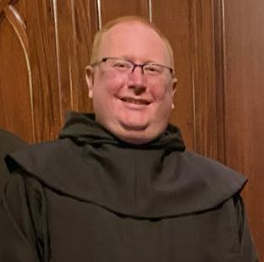
Fr. Raymond Bueno, O.C.D., will give a Lenten Parish Mission in St. Therese from Monday, March 31, through Thursday, April 3
Fri Mar 28 12:19 PM


Our final two Soup Nights will be Friday, April 4 (sponsored by DEUS VOCAT, VOX VITAE, and 40 DAYS FOR LIFE) AND Friday, April 11 (sponsored by Retrouvaille Marriage Ministry).
Fri Mar 28 12:07 PM

Receive last-minute news, articles, a link to the weekly BULLETIN, and links to various other items of interest
Tue Mar 11 10:53 AM
News
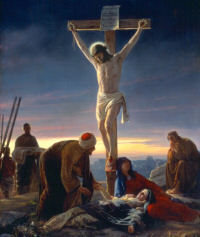
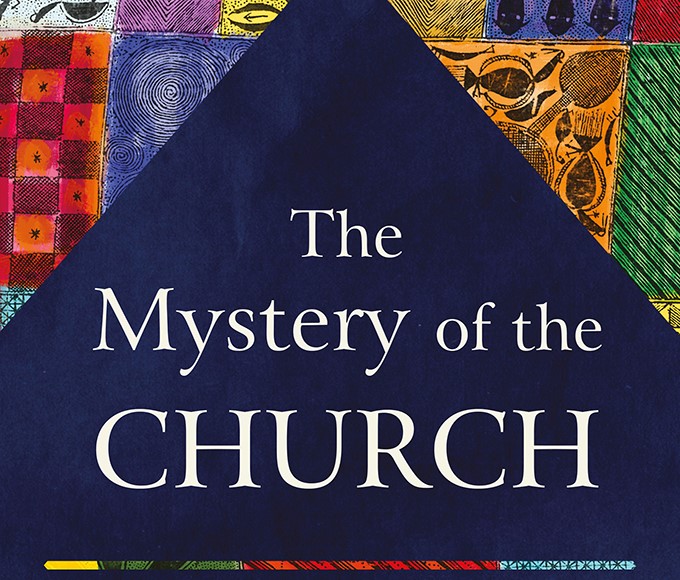
Fr. Stephen’s next class in this series will be on Tuesday, April 11.
Mon Mar 31 02:25 PM

Our final two Soup Nights will be Friday, April 4 (sponsored by DEUS VOCAT, VOX VITAE, and 40 DAYS FOR LIFE) AND Friday, April 11 (sponsored by Retrouvaille Marriage Ministry).
Fri Mar 28 10:07 AM
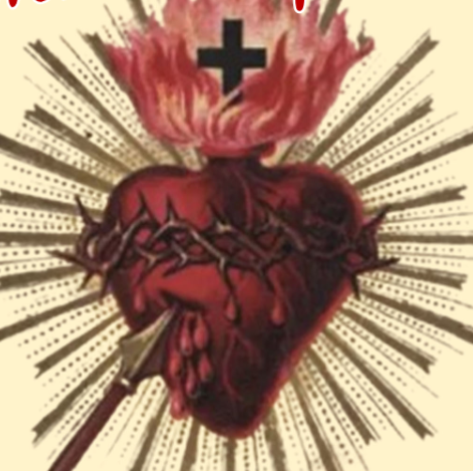
You are invited to come to the church for a weekly Holy Hour of Reparation to the Sacred Heart of Jesus EVERY FRIDAY from 5:00 to 6:30 p.m.
Tue Mar 11 11:55 AM
Videos

Alma Cornejo, Principal of St. Therese Carmelite School, and former pastor, Fr. Thomas Koller, join Terry to discuss the definition and importance of a “classical” Catholic education.
Tue Mar 11 10:35 AM
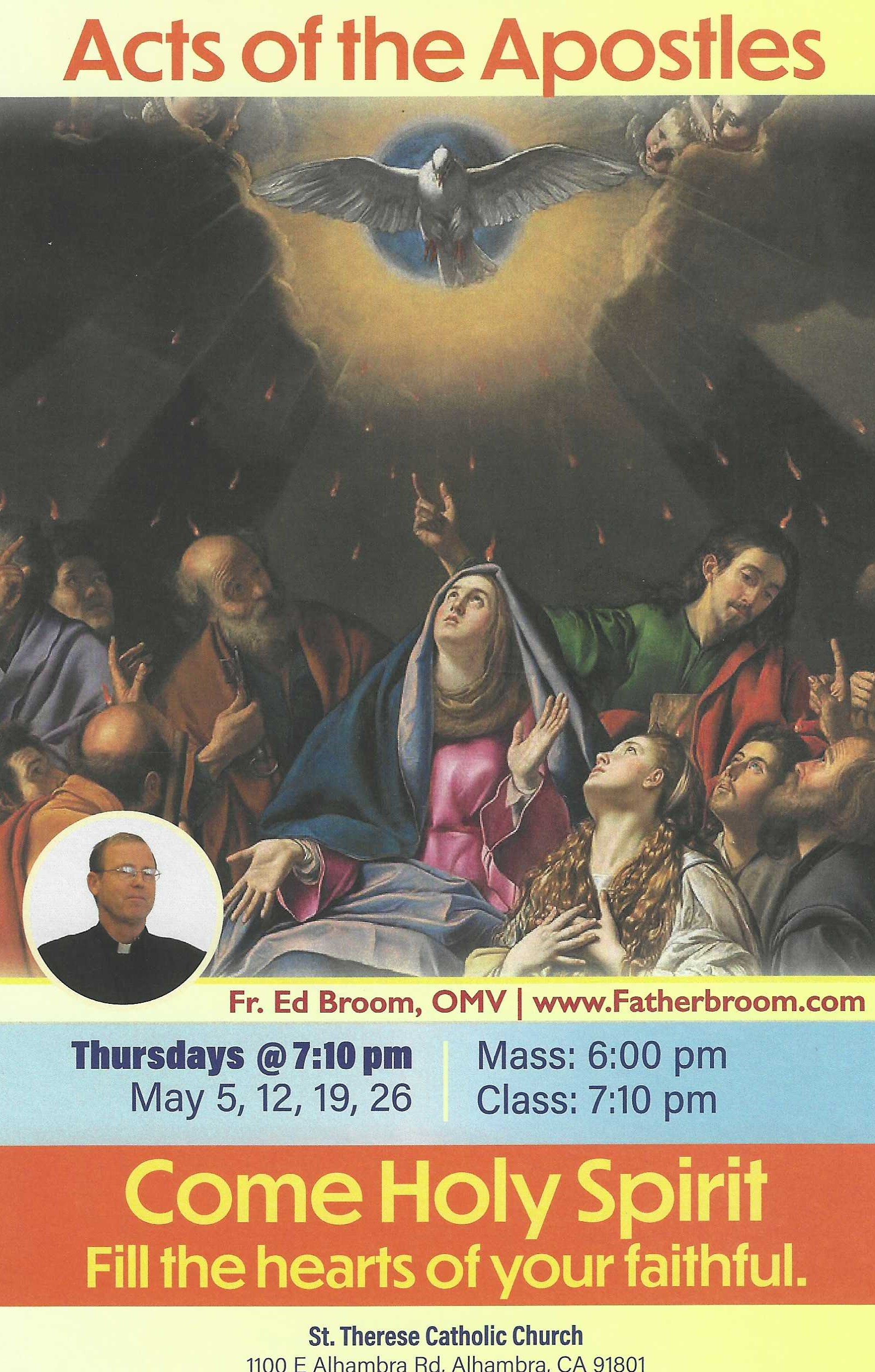
FR. ED BROOM, OMV, gave a talk at St. Therese every Thursday in May 2022 to deliver his four talks on the Acts of the Apostles
Tue Mar 11 10:15 AM
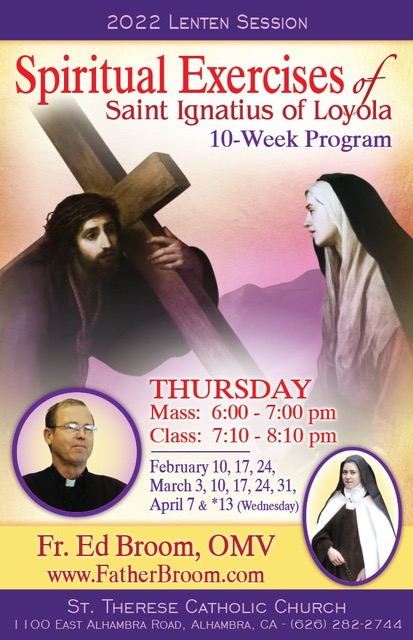
Presented by Fr. Ed Broom from February 10, 2022, through April 13, 2022
Tue Mar 11 10:09 AM
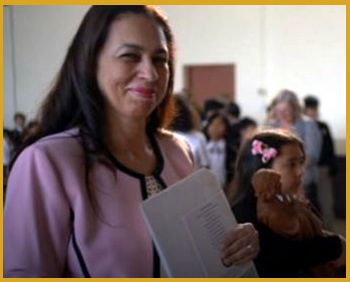
One of only two schools in the L.A. Archdiocese using a classical curriculum.
Tue Mar 11 08:03 AM
